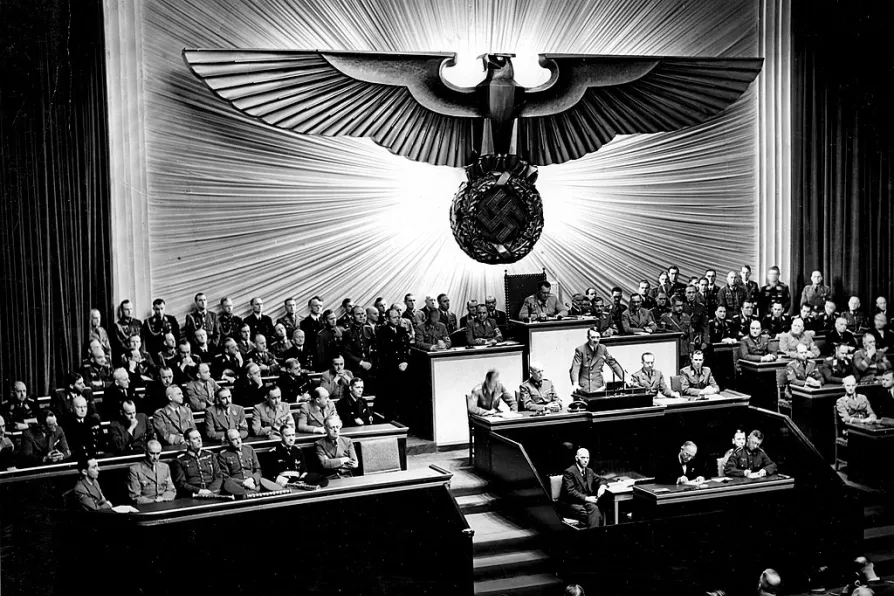Data on regional deprivation in England shows us an unequal society, but what to do about it remains unanswered argue ROX MIDDLETON, LIAM SHAW and MIRIAM GAUNTLETT

 Hitler speaks in the Reichstag in 1941
Hitler speaks in the Reichstag in 1941
80 YEARS AGO on June 22, 1941, the armies of Nazi Germany swept across the frontier of what was then the Soviet Union along a front exceeding a thousand miles.
Over three million soldiers, including Finnish troops to the north and Romanian troops to the south, with thousands of tanks and aircraft to the fore and fortified by the war industries of already occupied countries, constituted the Nazi attacking force.
Brutality against civilians was to be unconfined. Hitler’s hopes were high given his low opinion of the Soviet peoples’ ability to resist. The invasion followed a series of devastating blitzkrieg strategies beginning with that against Poland in September 1939.

The obfuscation of Nazism’s capitalist roots has seen imperialism redeploy fascism again and again — from the killing fields of Guatemala to the war in Ukraine, writes PAWEL WARGAN

As Moscow celebrates the 80th anniversary of the Nazi defeat without Western allies in attendance, the EU even sanctions nations choosing to attend, revealing how completely the USSR's sacrifice of 27 million lives has been erased, argues KATE CLARK

The pivotal role of the Red Army and sacrifices of the Russian people in the defeat of Nazi Germany must never be forgotten, writes DR DYLAN MURPHY











